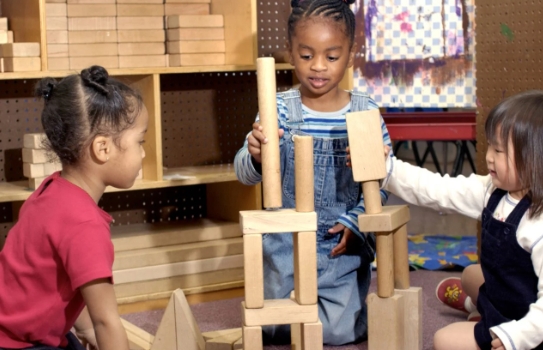Associative play is an important stage of development for young children that involves playing alongside others without a designated structure or rules. This type of play allows children to explore social interactions, develop communication skills, and build relationships with their peers.
1. Promotes Social Skills
Associative play encourages children to interact and communicate with one another, helping them develop important social skills such as sharing, taking turns, and cooperating. By engaging in play with their peers, children learn how to navigate social situations and build relationships.
2. Enhances Language Development
Through associative play, children have the opportunity to practice their language skills by engaging in conversations with their peers. This type of play encourages children to express themselves, listen to others, and communicate effectively, ultimately enhancing their language development.
3. Fosters Creativity and Imagination
Associative play allows children to use their creativity and imagination to create stories, scenarios, and worlds with their peers. By engaging in imaginative play, children can explore different roles, settings, and scenarios, further developing their creativity and expanding their imaginations.
4. Builds Confidence and Self-Esteem
By participating in associative play, children have the opportunity to build confidence in themselves and their abilities. Through interactions with their peers, children can feel accepted, valued, and supported, ultimately boosting their self-esteem and sense of self-worth.
5. Encourages Problem-Solving Skills
Associative play presents children with opportunities to solve problems, make decisions, and navigate conflicts with their peers. By working together and finding solutions as a group, children can develop important problem-solving skills that will serve them well in future interactions and relationships.
In conclusion, unlocking the benefits of associative play is essential for children’s social, emotional, and cognitive development. By promoting and encouraging associative play, parents and educators can help children build important skills, foster positive relationships, and enhance their overall well-being. So let’s encourage children to engage in associative play and reap the many benefits it has to offer.

